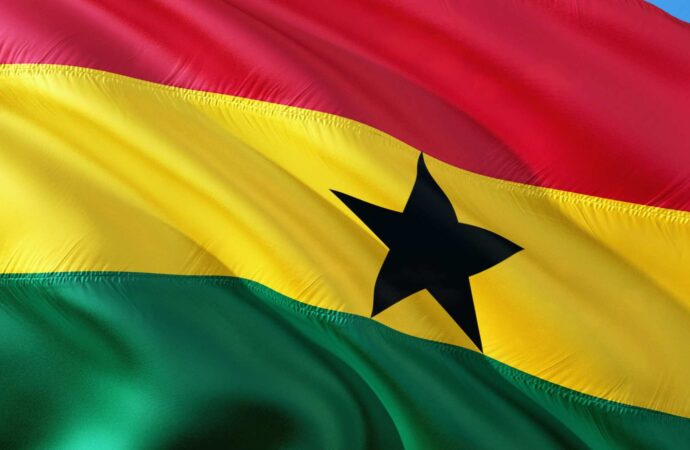Ghana is stepping into the future of telecommunications with the establishment of the Next-Gen Infrastructure Company (NGIC), a groundbreaking public-private partnership designed to revolutionize the country’s mobile network landscape. This ambitious initiative brings together the Ghanaian government, local mobile operators AT Ghana and Telecel, and an impressive lineup of suppliers including Radisys, Tech Mahindra, Nokia, Ascend Digital, and K-Net.
The Vision of NGIC
NGIC’s mission is clear: to build a comprehensive 4G/5G network that any operator can leverage to deliver affordable and high-speed mobile services, including fixed-wireless access (FWA). By doing so, NGIC aims to bridge the digital divide and enhance financial inclusion through the proliferation of online services such as education, healthcare, machine-to-machine (M2M) communication, and digital payments.
A Collaborative Effort
The collaborative nature of NGIC is a cornerstone of its strategy. By creating a shared, neutral platform accessible to all mobile network operators and tower companies, NGIC plans to accelerate the deployment of 5G services across Ghana. This initiative aligns with the broader “Digital Ghana” vision, as emphasized by Ursula Owusu-Ekuful, Ghana’s Minister for Communications and Digitalisation. She stated, “The creation of a shared 5G Mobile Broadband Infrastructure is critical for delivering affordable, high-speed data access to the people of Ghana.”
NGIC’s approach draws inspiration from India’s rapid and widespread network rollouts, driven by low-cost mobile data usage. The involvement of Indian tech giants Radisys and Tech Mahindra is no coincidence, as Ghana aims to replicate India’s successful digital infrastructure model. Owusu-Ekuful noted, “We are inspired by India’s digital infrastructure and low-cost mobile data usage and keen to replicate it in Ghana.”
The Challenge of Shared Networks
While the vision for NGIC is ambitious, the path ahead is fraught with challenges, as evidenced by other countries’ experiences with shared network deployments. For instance, Mexico’s Altan Redes faced significant hurdles in meeting its rollout targets and eventually required government bailout due to competitive pressures and parallel network developments by private operators. Similarly, Malaysia’s state-controlled Digital Nasional Bhd (DNB) struggled with political changes, operator objections, and vendor selection controversies, leading to the initiation of a competing 5G network program.
Even in the UK, the Shared Rural Network (SRN) initiative to improve rural mobile coverage has encountered delays and funding concerns. Despite being a private-sector-led coalition, the SRN’s progress has been slower than anticipated, highlighting the complexities of such collaborative projects.
A Remarkable Achievement on the Horizon
Given these global precedents, Ghana’s goal of getting NGIC operational and launching services within six months is indeed ambitious. If successful, it could serve as a model for other nations seeking to expand their digital infrastructure through collaborative efforts. The launch of NGIC and its rapid deployment would mark a significant milestone in Ghana’s journey toward digital transformation and set a new standard for shared network initiatives worldwide.
In conclusion, Ghana’s NGIC represents a bold step forward in the telecom market, aiming to deliver affordable, high-speed data access and improve digital inclusivity. With careful execution and collaboration, NGIC has the potential to overcome the challenges that have stymied similar efforts elsewhere and achieve remarkable success.
Source: Telecoms.com










Leave a Comment
Your email address will not be published. Required fields are marked with *